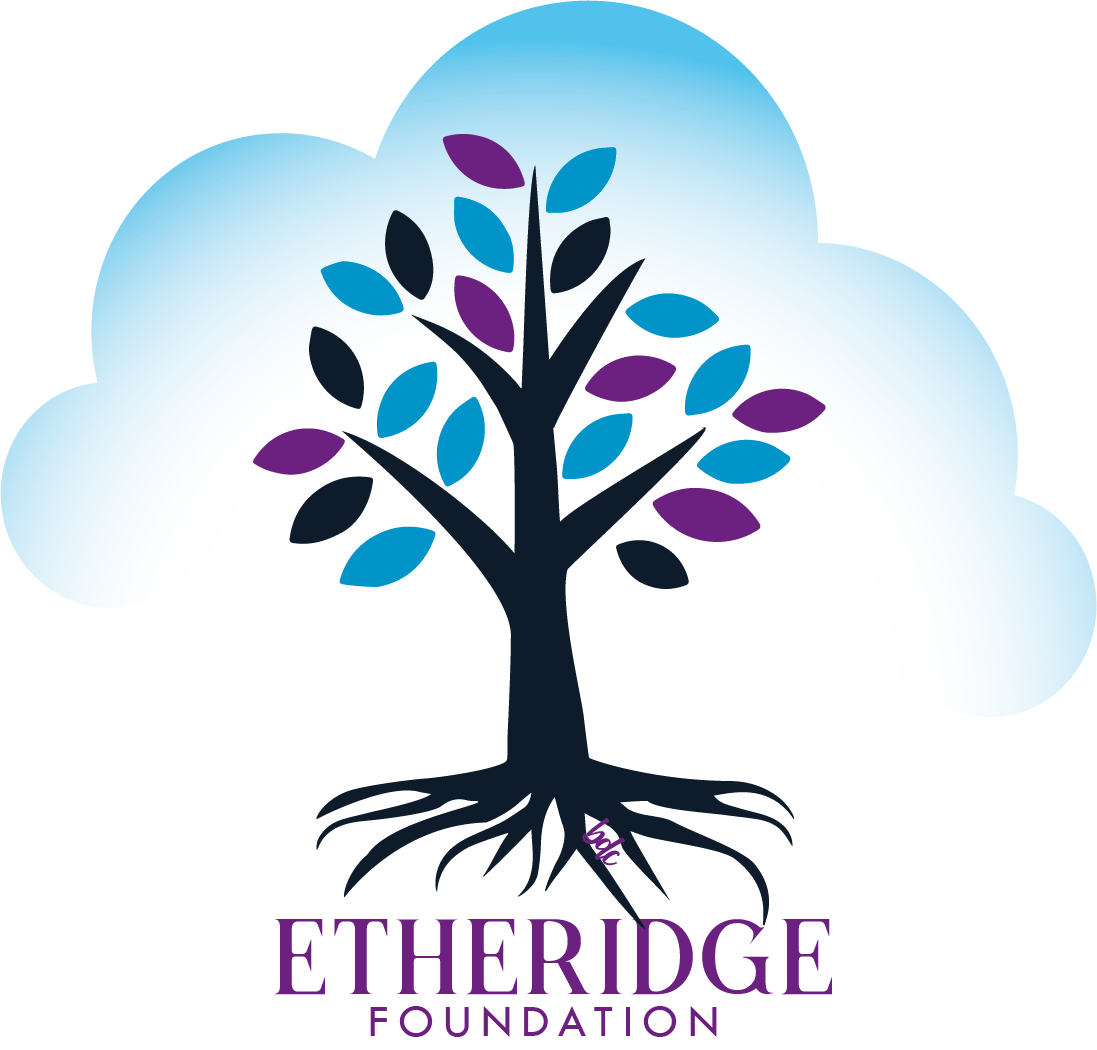Etheridge Foundation Awards Grant to Psychae Institute
The Etheridge Foundation is proud to announce that we have awarded a $15,000 grant to the Psychae Institute for the development of a full study protocol trialing the use of a botanical ayahuasca analogue as a treatment for opioid use disorder (OUD).
Developing a detailed protocol for a new medicine or therapy requires support, as it takes time and dedicated work, especially when planning thorough safety procedures that account for the physiological effects of opioids.
We’re very pleased to fund the first step in advancing this promising new treatment resource for people with OUD.
Led by Prof Jerome Sarris, A/Prof Daniel Perkins, and Dr. Simon Ruffell, the Psychae Institute is a Melbourne, Australia-based nonprofit research center dedicated to developing novel psychedelic therapies as registered medical treatments for mental disorders and other diseases, and as support for psychological wellbeing.
“We are delighted to be working alongside the Etheridge Foundation and excited to develop the protocol for this first of a kind study. We sincerely hope this will help develop new and innovative treatments for those suffering from Opiate Use Disorder,” said Prof Jerome Sarris, co-founder of the Psychae Institute.
Dr. Ruffell is also the co-founder of the not-for-profit research organization Onaya Science, which conducts studies on Amazonian plant medicines, including ayahuasca, working alongside the local Indigenous community at the Riosbo Research Center in the Allpahuayo-Mishana National Reserve, near Iquitos, Peru.
Matching the study grant, the Etheridge Foundation is making a Root Relationship Contribution of $750 to the Indigenous Medicine Conservation Fund (IMC Fund) for biocultural conservation projects related to ayahuasca.
Ayahuasca is a traditional plant medicine and sacrament that has been used for centuries by Indigenous communities in the Amazon rainforest regions. It has shown promise in various studies on mental health and addiction issues.
However, the global expansion of ayahuasca has raised ethical issues, including exploitation, appropriation and commodification.
These concerns apply to multiple aspects of the medicine including not only overharvesting and export, but also the ill effects of “ayahuasca tourism” to the Amazon, as well as ethical issues around development of synthetic “pharmahuasca” or “ayahuasca in a pill” by drug companies.
We believe that the treatment that the Psychae Institute is developing represents a “middle way”: one that is inspired by traditional ayahuasca and the power of its healing potential, but does not export the source plants or chemically synthesize the chemical structure of the brew.
The medicine that Psychae is working with is not ayahuasca, but a botanical analogue – a type of formulation sometimes called “anahuasca”.
Psychae’s medicine is made from plants native to Australia that contain the same active components as the main plants used for traditional ayahuasca brews, calibrated to offer similar effects.
However, similar does not mean exactly the same – anahuasca formulations are distinct from ayahuasca.
“Pharmacologically, this should have the same effect,” said Dr. Ruffell, “but subjectively these other plants are said to ‘feel’ different, or have a different spirit.”
He continued, “Also, taking the medicine in a hospital will have a big difference to the experience too. So while we would expect it to be similar to ayahuasca, there will be some differences. And there will be some discovery that occurs, as we are the first to make this particular medicine.”
Psychae’s approach will offer many more people access to the therapeutic powers of this potentially life-saving treatment, while respecting and supporting Indigenous practices and biocultural conservation efforts.
Dr. Ruffell explained, “I think that we'll probably see something reminiscent of ayahuasca which will hopefully offer relief and treatment to people who have not been able to find effective answers.”
The Psychae Institute’s principles include:
Developing innovative psychedelic treatment models and technologies that can enhance therapeutic outcomes
Working with regulators and governments to advance research in the field to enable future evidence-informed safe patient access to psychedelic medicines
Learning from and acknowledging traditional knowledge/users of psychedelic substances
Recognizing and giving back to the communities and groups whose healing traditions inform treatments
Working with people with lived experience of their health condition, and soliciting their valued input into the research
"We are thrilled to partner with the Psychae Institute in their pioneering research on an ayahuasca analogue for opioid use disorder," said Anna Symonds, Executive Director of the Etheridge Foundation.
"This project aligns with our mission to support innovative plant medicine treatments that have the potential to revolutionize care. We believe that this collaboration will bring us one step closer to an effective new resource for those suffering from opioid use disorder."


